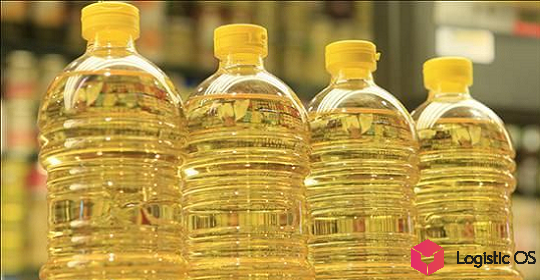The use of digital technologies in agriculture is expected to triple over the next 10 years, but they are not widely used at the moment.
Continental surveyed more than 500 farmers in 5 countries to find out how actively they use modern digital technologies in their daily activities.
It turned out that about 40% of farmers are already using such technologies. True, there are a couple of important nuances here.
— As a rule, from a wide range of technologies, only the simplest and most accessible ones are used. For example, a large number of farmers have already adopted GPS-guided applications or machinery.
Many are also actively using drones to take photographs of their fields.
On the other hand, there are many other technologies that are not yet widely used in the agricultural sector.
For example, no more than 10% of farmers now actively use robotics and artificial intelligence; sensors and big data analysis are not yet particularly popular.
Most likely, these technologies will become the main “growth points” in the coming years.
— The situation is also different in different countries.
For example, in Germany, France and the USA, only 13% of farmers said that they do not yet use any digital technologies, but in Japan the figure is about 60%.
There is a significant discrepancy between the indicators.
However, in the same Germany, about 70% of farmers said that “they use digital technologies, and they are completely satisfied with what is already being used at the moment.”
This response casts doubt on the prospects for further growth.
Another pattern has emerged: the smaller the farm, the less actively digital technologies are used on its territory.
For example, owners of farms with an area of less than 50 hectares do not use anything in 20% of cases, owners of farms with an area of 100-200 hectares manage without digital technologies only in 12% of cases, and more than 200 hectares — in 10% of cases.
According to experts, the digital transformation of agriculture in the near future is almost inevitable.
“In the coming years, many farmers will significantly increase their use of artificial intelligence and robotics to make their operations more efficient and environmentally friendly, including adjusting the use of pesticides and especially herbicides.
This will fundamentally change the way we farm, from precise soil analysis to weed control, automatic harvesting and intelligent yield forecasting,” says Mario Branco, Continental spokesman.

